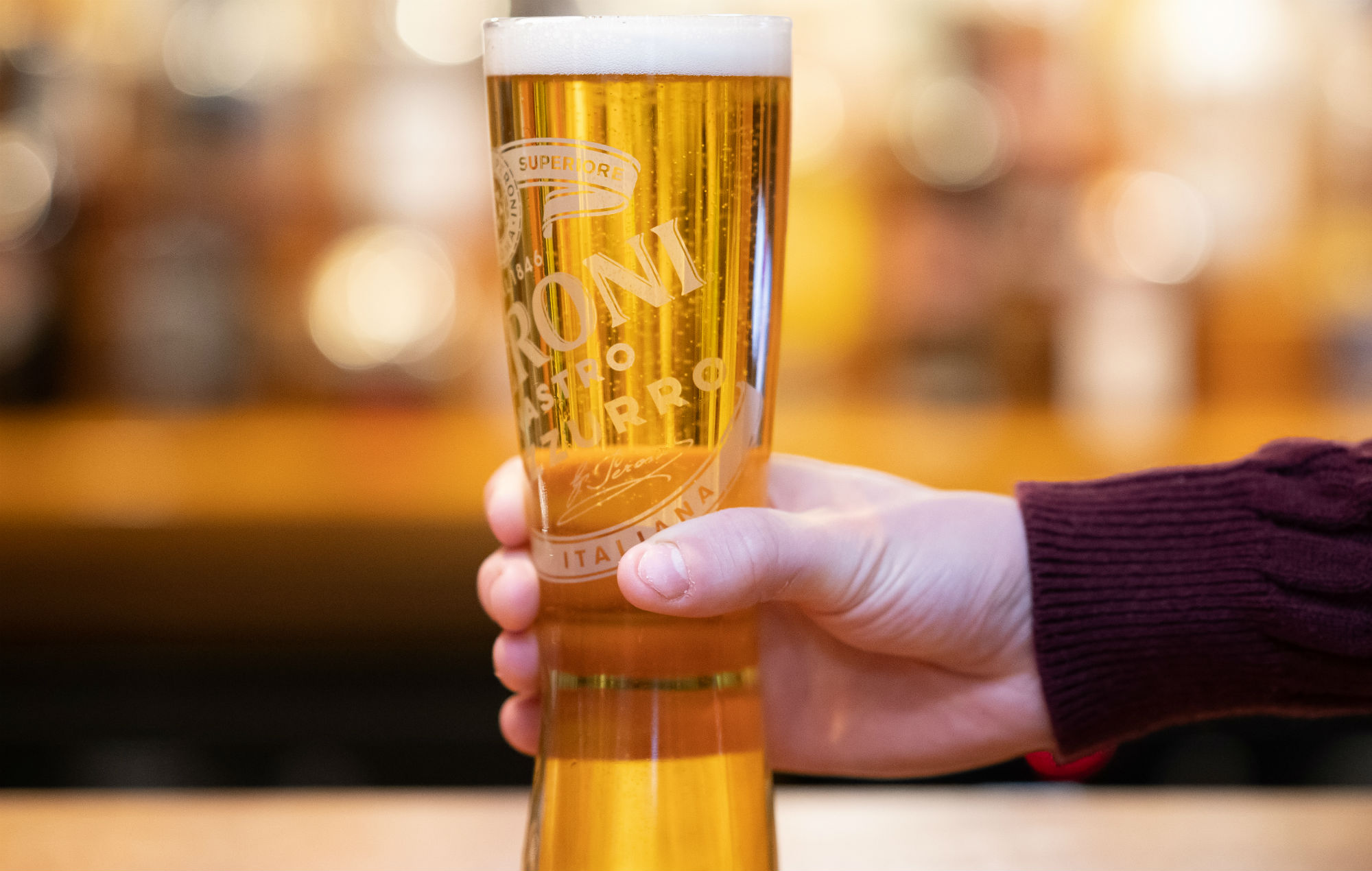
Nearly half of young people in the UK prefer low or non-alcoholic drinks, a new survey has revealed.
The survey from YouGov and the Portman Group has shone a light on changing attitudes to alcohol among members of Gen Z, with 39 per cent of 18-to-24s not drinking alcohol at all.
44 per cent of “the most sober age group” consider themselves either an occasional or regular drinker of 0 per cent alcohol alternatives – a 13 per cent rise on numbers from 2022.
23 per cent of those surveyed said that choosing low or no alcohol drinks lowered their overall intake of alcohol.
Portman Group chief executive Matt Lambert said: “It is welcome to see a further rise in the popularity of low and no-alcohol alternatives as well as further evidence of how they are an important tool to help UK drinkers, particularly younger adults, to drink responsibly.
“The availability of alcohol alternatives has never been more abundant and we eagerly await the outcome of the recent UK government consultation on low-alcohol descriptors, which we hope will further facilitate the growth of the UK low and no-alcohol market.”
A survey conducted last year also revealed that 43 per cent of Gen Z would give up alcohol for six months for a chance to be front row at their favourite concert.
The figures come after the UK nightlife industry expressed their anger over increased increased alcohol duty and drink prices in the UK last year.
Tax hikes of up to 20 per cent were enforced under a plan brought in by Prime Minister Rishi Sunak and Chancellor Jeremy Hunt from last August.
The move has been strongly condemned by the Night Time Industries Association, which claims that the “planned alcohol duty increase today threatens to inflict severe damage on an already struggling industry that plays a crucial role in our nation’s economy and cultural vitality”.
2023 also saw DF Concerts & Events, Scotland’s biggest live music promoter, say that proposals to ban alcohol sponsorship of live events will be “disastrous” for the live industry.
In the Scottish Government’s consultation on proposals to restrict alcohol advertising, TRSNMT and Glasgow Summer Sessions – both DF events – were named as examples in the section about advertising and promotion at non-sporting events.


 72
72